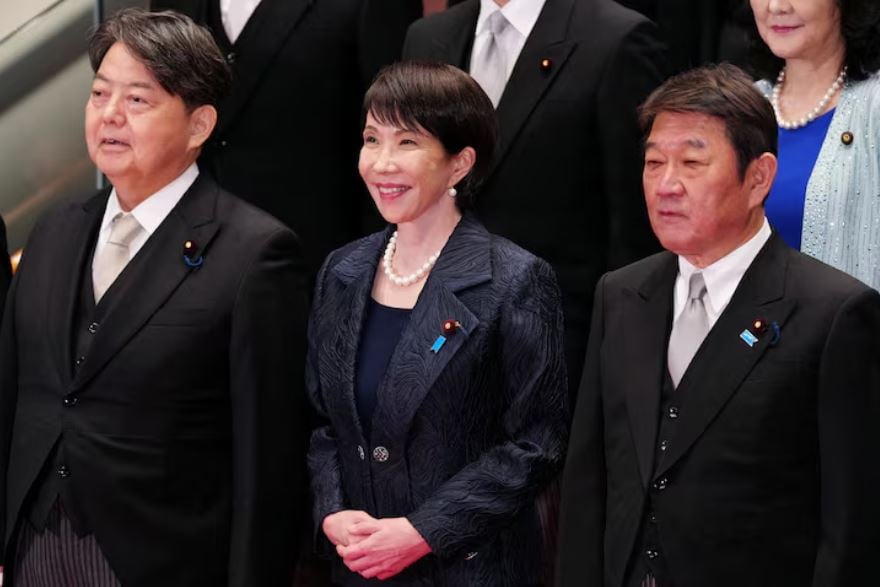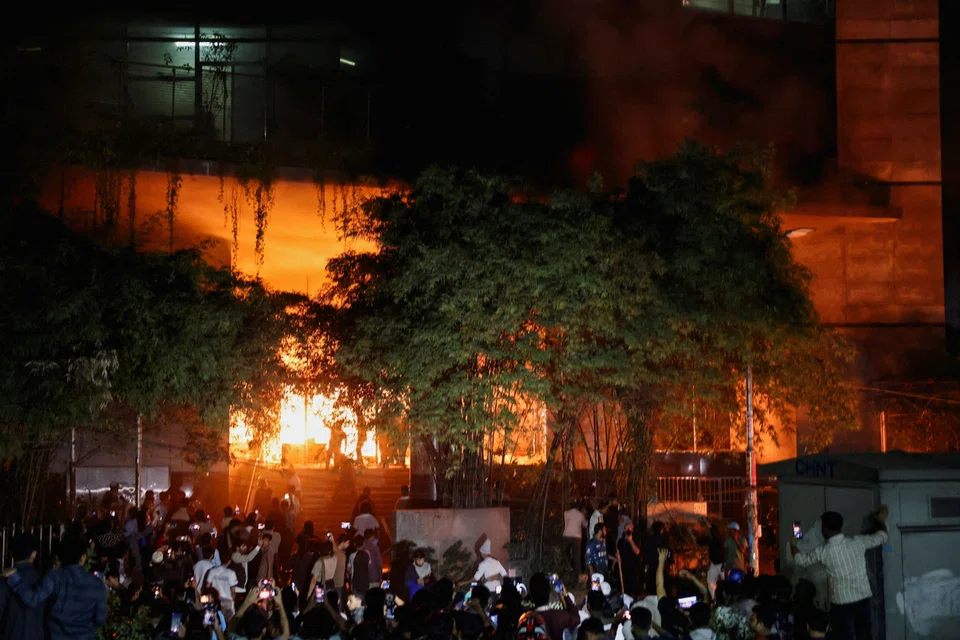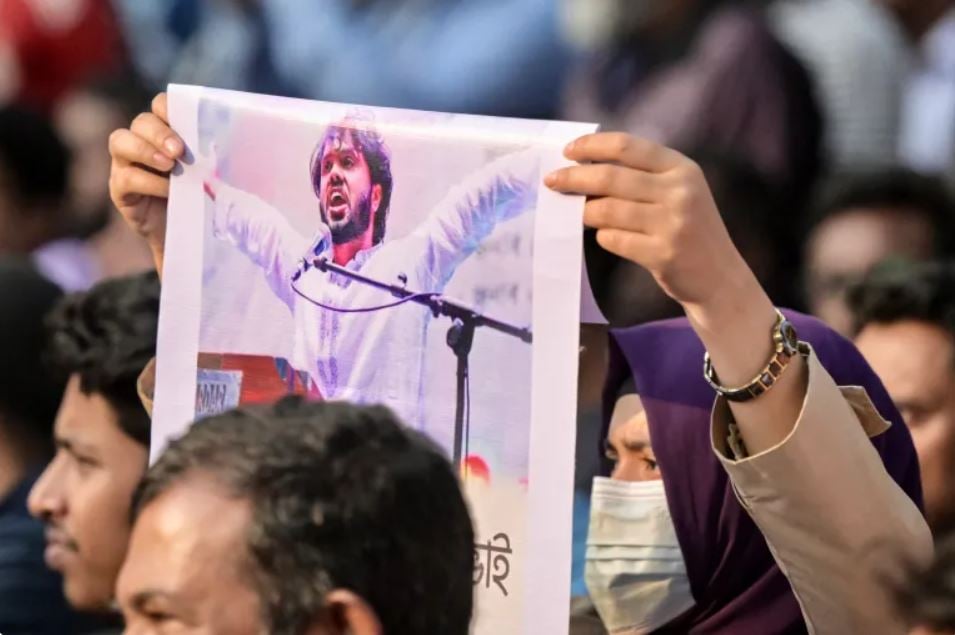The World Bank's recent report attributing the Maldives' declining GDP growth to a shift in tourism activity has sparked controversy, with the Maldives Association of Travel Agents and Tour Operators (MATATO) disputing the analysis. While the World Bank's South Asia Development Update revised the country's growth forecast to 4.7 percent in 2024, a 0.5 percentage point decrease from previous projections, MATATO argues that the downturn cannot be solely attributed to the transition from luxury resorts to guesthouses.
MATATO contends that the slowdown reflects a broader imbalance between supply and demand within the tourism sector, exacerbated by a drop in Average Daily Rates (ADR) and insufficient marketing efforts. Despite the World Bank's emphasis on the shift towards guesthouses, MATATO highlights challenges faced by the entire industry in meeting market demands and maximizing revenue potential.
Contrary to the World Bank's assessment, MATATO's analysis underscores a concerning underutilization of resources in the Maldives' tourism sector. Occupancy rates remain low, with only 51% of available beds occupied in 2023, despite a total operational capacity of over 62,000 beds. Moreover, tourists' average length of stay decreased, impacting critical revenue indicators like Revenue per Available Room (RevPAR).
The resurgence of global inflation and the reopening of competitive beach destinations further intensified the competitive landscape against the Maldives. MATATO reports a significant drop in tourist revenue over the first eight months of 2023, amounting to $2.6 billion (MVR 40 billion), a five percent decrease compared to the previous year. Resort revenue plummeted by $529 million (MVR 8 billion), contributing to a $406 million (MVR 6.3 billion) overall decline in tourism industry revenue.
MATATO emphasizes the need to consider evolving trends in private jet travel, which have fluctuated due to global events and geopolitical tensions. Despite challenges, stakeholders are strategizing initiatives to stimulate growth, particularly focusing on summer operations. However, intensified competition, inflation, and geopolitical conflicts pose significant obstacles to the Maldives' tourism sector.
As the Maldives navigates through these challenges, adaptation and innovation are essential to ensure the long-term prosperity of the vital tourism industry. MATATO's analysis sheds light on the complexities facing the sector, urging stakeholders to address the imbalance in supply and demand and embrace strategies for sustainable growth.
MATATO contends that the slowdown reflects a broader imbalance between supply and demand within the tourism sector, exacerbated by a drop in Average Daily Rates (ADR) and insufficient marketing efforts. Despite the World Bank's emphasis on the shift towards guesthouses, MATATO highlights challenges faced by the entire industry in meeting market demands and maximizing revenue potential.
Contrary to the World Bank's assessment, MATATO's analysis underscores a concerning underutilization of resources in the Maldives' tourism sector. Occupancy rates remain low, with only 51% of available beds occupied in 2023, despite a total operational capacity of over 62,000 beds. Moreover, tourists' average length of stay decreased, impacting critical revenue indicators like Revenue per Available Room (RevPAR).
The resurgence of global inflation and the reopening of competitive beach destinations further intensified the competitive landscape against the Maldives. MATATO reports a significant drop in tourist revenue over the first eight months of 2023, amounting to $2.6 billion (MVR 40 billion), a five percent decrease compared to the previous year. Resort revenue plummeted by $529 million (MVR 8 billion), contributing to a $406 million (MVR 6.3 billion) overall decline in tourism industry revenue.
MATATO emphasizes the need to consider evolving trends in private jet travel, which have fluctuated due to global events and geopolitical tensions. Despite challenges, stakeholders are strategizing initiatives to stimulate growth, particularly focusing on summer operations. However, intensified competition, inflation, and geopolitical conflicts pose significant obstacles to the Maldives' tourism sector.
As the Maldives navigates through these challenges, adaptation and innovation are essential to ensure the long-term prosperity of the vital tourism industry. MATATO's analysis sheds light on the complexities facing the sector, urging stakeholders to address the imbalance in supply and demand and embrace strategies for sustainable growth.


















